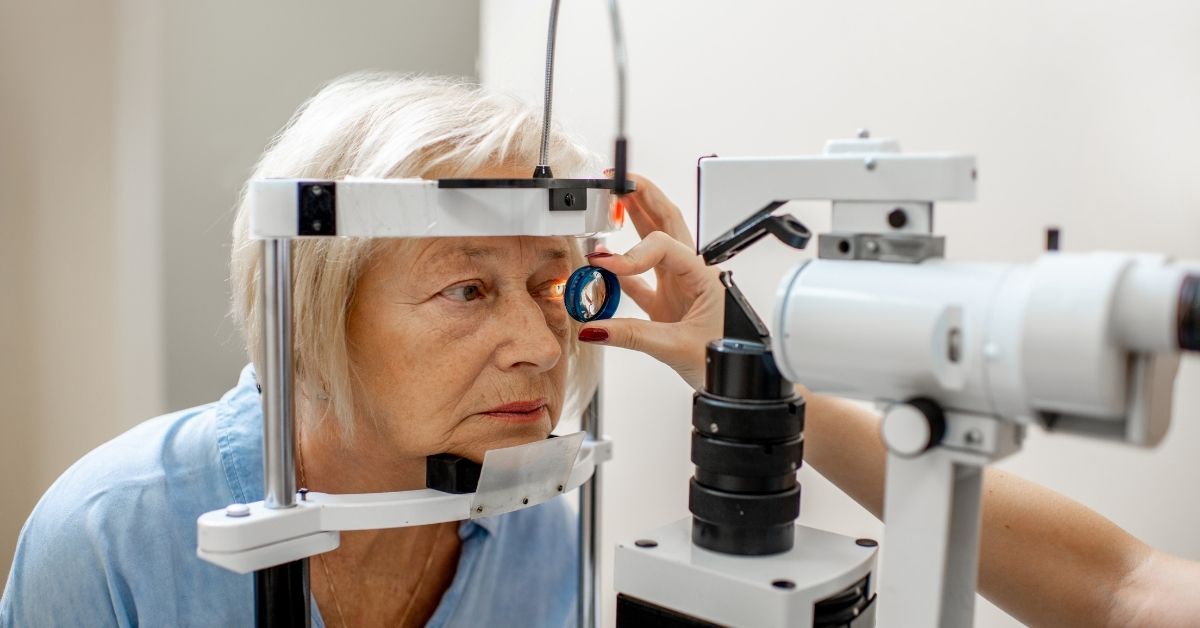The impact of Covid-19 on glaucoma treatment - Gurjeet Jutley
Glaucoma UK have suggested what we have seen in clinical practice: sadly lengthy delays were noted for surgical procedures which have inevitably contributed to sight loss.
Furthermore, it has been seen that the number of referrals from optometry into hospitals for glaucoma was reduced by around 70% in 2020, compared to the previous year. Hence, patients were neither receiving diagnoses nor early management plans. More..
Related articles about glaucoma:
COVID-19 and glaucoma treatment -
- Maintain social distancing
- Wash your hands regularly
- Wear a mask when being around other people
- Ventilate rooms
- Avoid gatherings
Assessing risk
Many glaucoma patients fall into the most at-risk categories for acquiring COVID-19, including age and existing co-morbidities.
Prioritising surgery
Clinical details of each patient will be stratified to identify who needs immediate surgery and whose treatment can be deferred.
- The level of vision
- Extent of visual field loss in the affected eye
- Whether it’s an only seeing eye
- The rate of visual deterioration
- The level of intraocular pressure.
Treating new patients
Doctors are reviewing all referrals and making difficult decisions based on the referral letter. The initial information from the referral source and medical history via community care is used to stratify the likelihood of glaucoma and the extent of the disease. If deemed high risk and no contra-indications, empirical treatment with a topical prostaglandin via a prescription through the GP is being commenced. The follow-up face to face assessment is subsequently scheduled for some months later.
Outpatient follow-up reviews
Doctors are working through lists of thousands of patients to stratify patients into low, medium and high-risk categories based on their disease severity and underlying pathology. Low risk patients will be written to in order to inform them of the delay in their appointments and give them details of what to do if they feel their condition has deteriorated.

Comments
Post a Comment